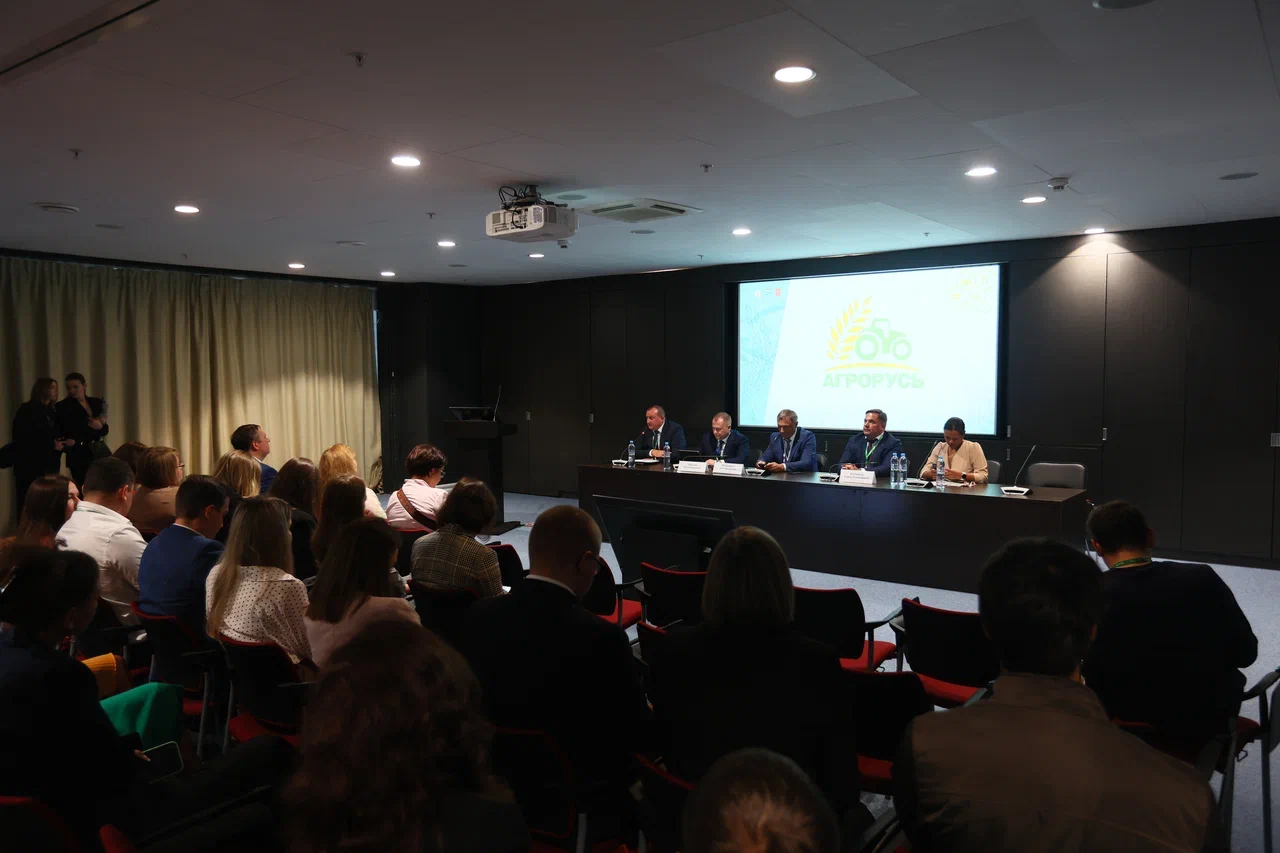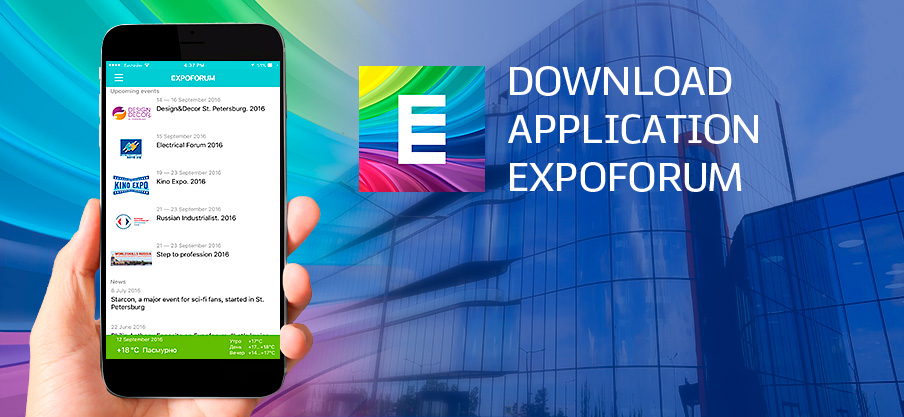Science, figures, results: summary of AGRORUS exhibition plenary session
The 32nd International Agro-Industrial Exhibition AGRORUS has opened in EXPOFORUM. Participants of the plenary session “Innovation Activity in Agriculture. Modern Trends and Challenges” discussed the state and prospects of agro-industrial complex in the North-West of Russia.
Kirill Polyakov, Vice-Governor of St. Petersburg, greeted the agrarians on behalf of Alexander Beglov, Governor of St. Petersburg. He noted that in St. Petersburg there are about 20 educational institutions and scientific organizations involved in improving the quality of the agro-industrial complex.
The speaker reminded that Russian President Vladimir Putin pays special attention to the development of farming and sets the task to organize regular farmers’ fairs. In 2023, the first fair of the kind with participation of farmers from St. Petersburg and the Leningrad Region will be held on Manezhnaya Square in the Northern Capital at the end of September.
“Our key objectives are import substitution and technological independence; besides, we have a strong export potential. I wish you new contacts, good mood and high yields,” noted Kirill Polyakov.
Oleg Malashchenko, Deputy Chairman of the Government of the Leningrad Region – Chairman of the Committee for Agro-Industrial and Fishery Complex, presented the success stories of the 47th region in the field of agriculture.
The Leningrad Region has become the European leader in milk yield – milk production is among the priority areas of agro-industrial complex development in the region. In 2022, the region had a record grain harvest (172,000 tons), holds the first place in egg production, and successfully develops crop production.
“Our agrarians are looking for tools to be more competitive in Russia and in the world. Technology helps: the agronomist can track many parameters on the computer. Subsidizing drones that help spread fertilizers is a reality of today,” the speaker said.
Oleg Malashchenko spoke about the development of livestock breeding and farming, including closed-type cultivation of fruits, berries and vegetables, and the development of aquaculture. According to him, the main branches of the regional agro-industrial complex are production of milk, eggs, and poultry meat. Thus, the region ranks fifth in the country in the production of poultry meat – it is more than 300,000 tons per year.
“The Leningrad Region provides itself and St. Petersburg with basic types of products, and our farmers are achieving surprising results! This year the amount of subsidies to the agro-industrial complex from the Leningrad Region and the Russian Federation is 5.7 billion rubles. These subsidies will allow agrarians to develop and improve technologically,” he said.
Oleg Emtsev, Head of the North-West Interregional Department of Rosselkhoznadzor (Federal Service for Veterinary and Phytosanitary Surveillance), spoke about digitalization in agriculture. Digitalization has been under implementation with the agency since 2006.
Today, there are 10 automated systems in Russia, including the famous Mercury system (since 2018). These systems allow Rosselkhoznadzor inspectors to check how agribusinesses operate.
“We all can see that the systems help us analyze documents. Mercury issues more than 14 million veterinary certificates per day. This is a huge amount of information, and it is processed by artificial intelligence,” he noted.
Rectors of specialized universities told about the role of science and education in the development of agro-industrial complex at the meeting. So, the rector of St. Petersburg Agrarian University Vitaly Morozov congratulated the agrarians on the Day of Knowledge. According to him, 1,400 intramural students are enrolled in the first year of the university this year – these are the people who will work in St. Petersburg, Leningrad Region and other regions of Russia.
“High school is trying to be modern, see the connections with business, open classrooms in enterprises, and implement technology. We have opened more than 10 branded classrooms of companies, and we invite enterprises to cooperate: we can train personnel, build individual trajectory of students, and work with the Government. We support practice-oriented education and have more than 100 agreements with enterprises,” he said.
Kirill Plemyashov, Rector of St. Petersburg University of Veterinary Medicine, emphasized that digitalization starts with enrollment in a university. For example, the university has been working for the second year with the super-service of admission to university online at Gosuslugi (the state services Internet portal).
“We have equipped classrooms, and the Mercury system is embedded in the educational process – students can participate in its work. The university realizes more than 15 scientific grants of the Russian Science Foundation, including those with the enterprises of the Leningrad Region. The Bugry State Farm has entrusted us with the project of creating high-value breeds of pedigree bulls,” said K. Plemyashov.
The experts discussed the introduction of digital services and import substitution, including support for domestic meat chicken crossing, development of pedigree livestock breeding, and others.
“Achievements are impossible without science, and the Leningrad Region has always had the best scientific base in the country. There are many universities and institutes here, and the region has traditionally acted as a testing ground. Today, agriculture is the driver of economic growth in Russia, and the potential of the Leningrad Region is it land. We have free land, we have grant support – we can work! Up to 90% of the costs of setting up your own business in the agro-industrial complex can be reimbursed. Praise for hands that smell like bread! I hope to see you in the fields of the region!” Oleg Malashchenko summarized.

 Calendar
Calendar
 Online application
Online application
 Map
Map
 How to get
How to get



